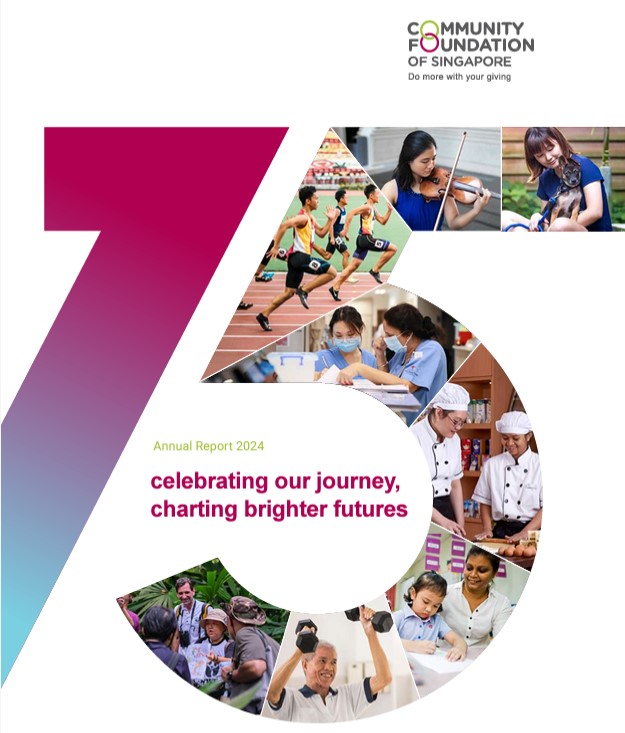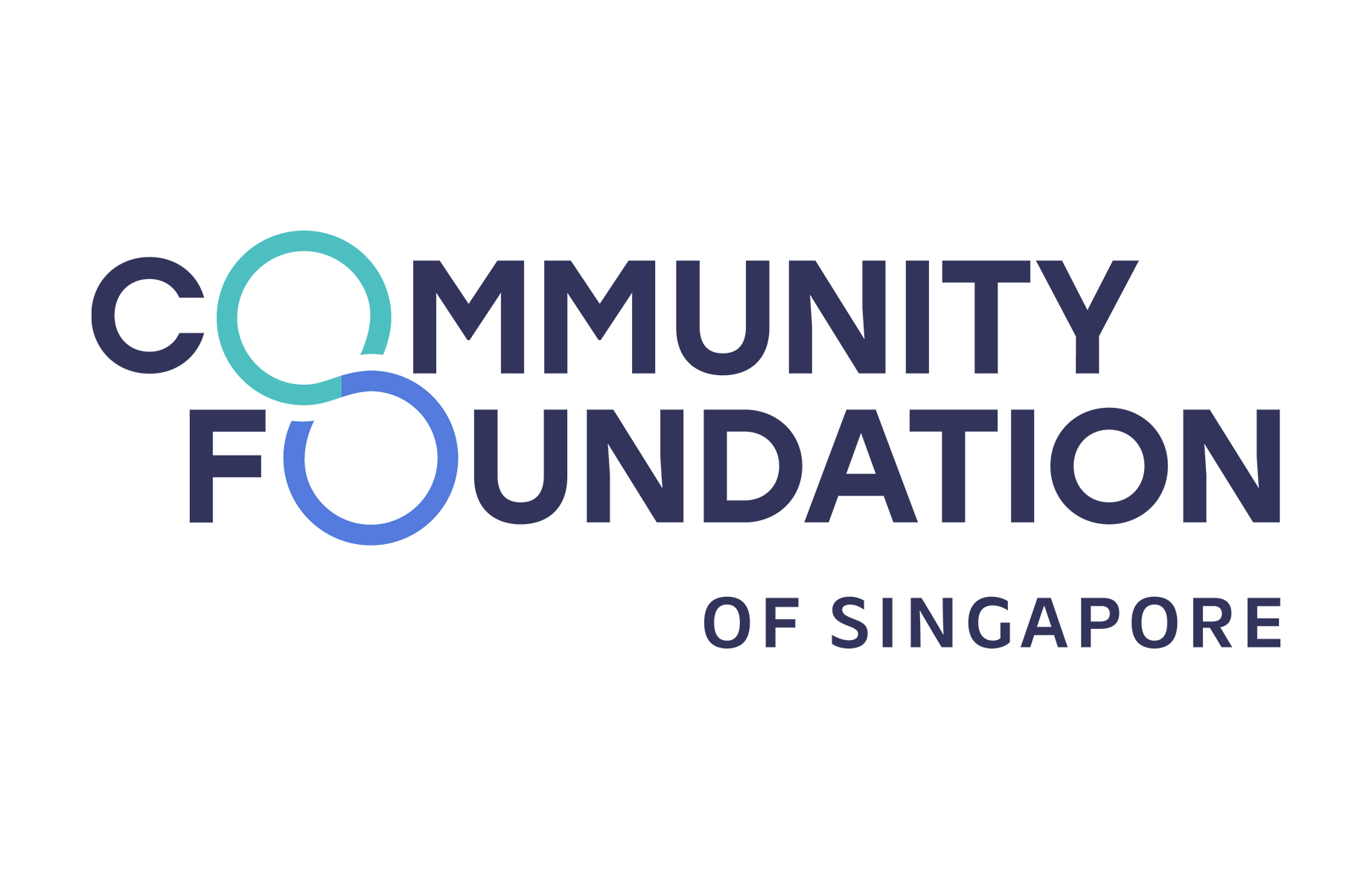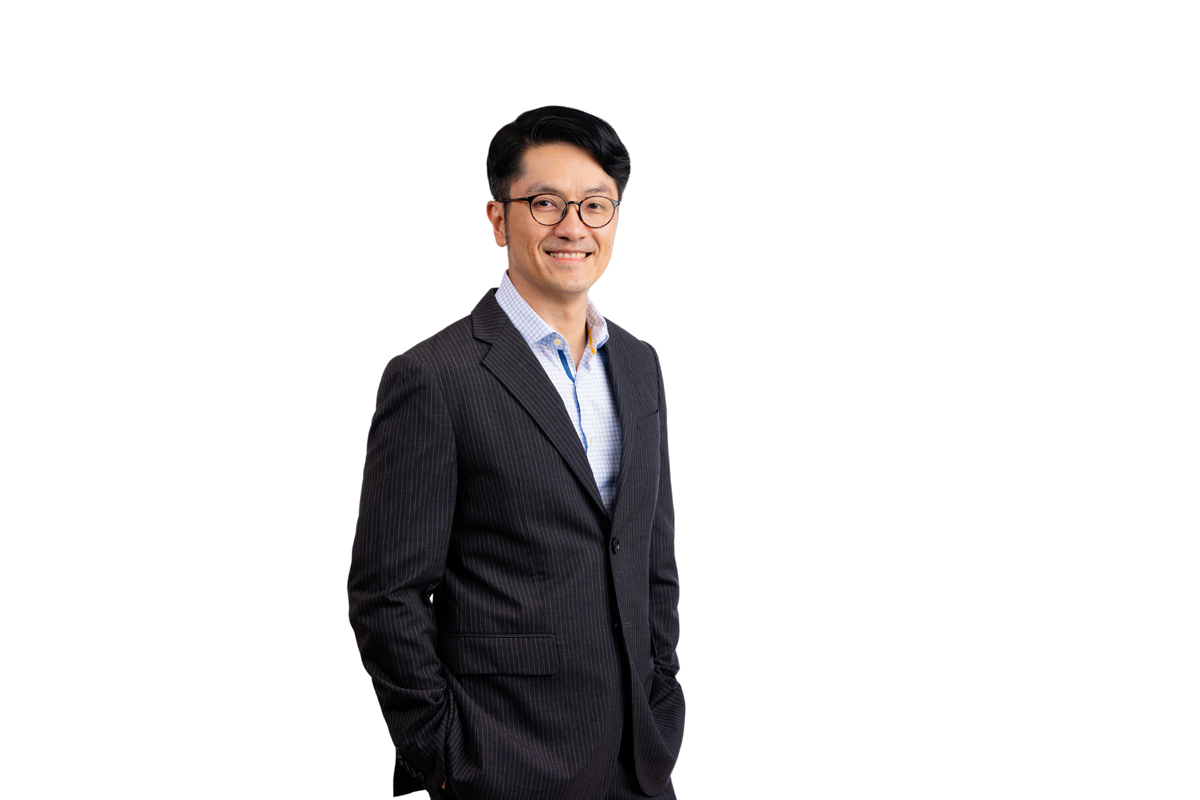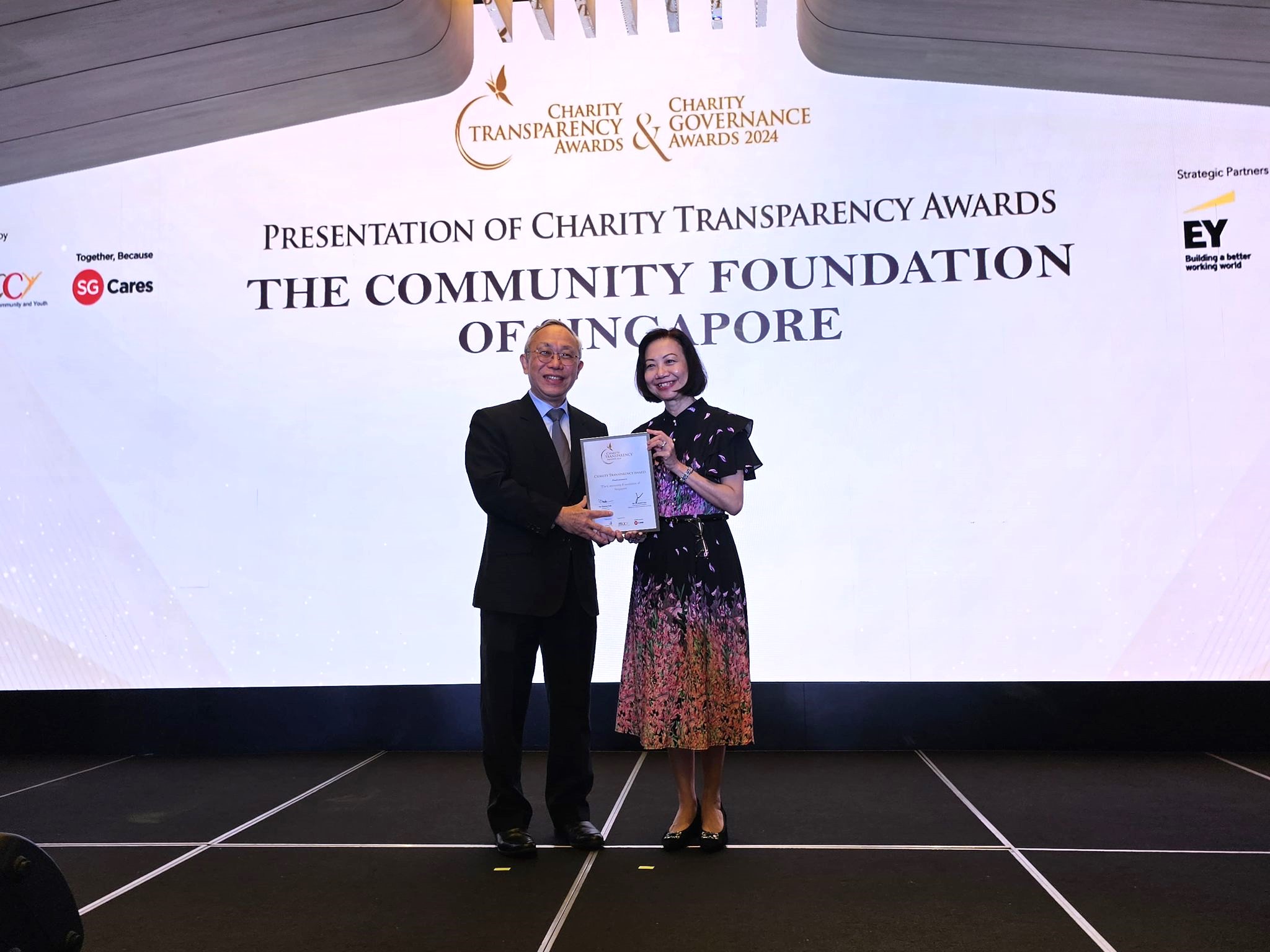Celebrating 15 Years of Impact: CFS Annual Report 2024

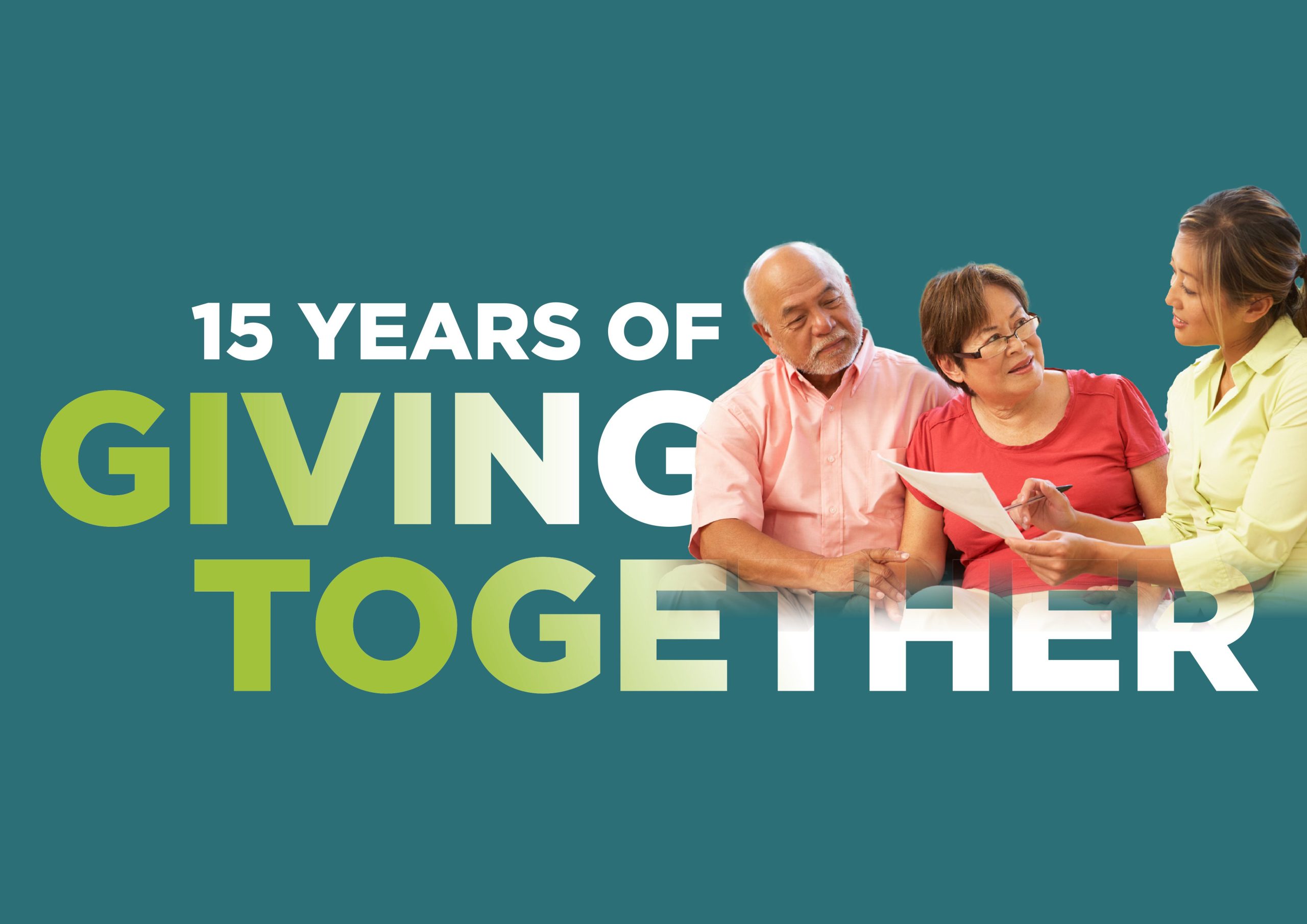
We are pleased to share our 2024 Annual Report, celebrating The Community Foundation of Singapore’s 15th anniversary. This year’s report outlines our progress over the years, and reinforces our firm commitment to being the community foundation focused on uplifting and supporting communities across Singapore.
A Year of Exceptional Grantmaking
FY2023 was a year of growth, particularly in the areas of grantmaking and capability building. We distributed $22.5 million to 240 grantees, a 32% rise from the previous year, and enhanced our human resources to address growing industry demands.
Key Highlights for FY2023:
- Surpassed $300 million in total donations, thanks to our generous donors
- Awarded the Charity Transparency Award and the Friends of Community Care Award
- Launched The Collective for a Stronger Society to support social mobility for lower-income families
- Significant tech upgrades to our CRM system, website, and new donor portal
Looking Ahead
The Community Foundation of Singapore remains steadfast in our dedication to inspiring philanthropy and cultivating cohesive and compassionate communities. Check out our 2024 Annual Report to learn more about our collaboration with donors and the community.
Contact us to be part of our mission. Together, we can create a brighter future for all.
We are pleased to share our 2024 Annual Report, celebrating The Community Foundation of Singapore’s 15th anniversary. This year’s report outlines our progress over the years, and reinforces our firm commitment to being the community foundation focused on uplifting and supporting communities across Singapore.
A Year of Exceptional Grantmaking
FY2023 was a year of growth, particularly in the areas of grantmaking and capability building. We distributed $22.5 million to 240 grantees, a 32% rise from the previous year, and enhanced our human resources to address growing industry demands.
Key Highlights for FY2023:
- Surpassed $300 million in total donations, thanks to our generous donors
- Awarded the Charity Transparency Award and the Friends of Community Care Award
- Launched The Collective for a Stronger Society to support social mobility for lower-income families
- Significant tech upgrades to our CRM system, website, and new donor portal
Looking Ahead
The Community Foundation of Singapore remains steadfast in our dedication to inspiring philanthropy and cultivating cohesive and compassionate communities. Check out our 2024 Annual Report to learn more about our collaboration with donors and the community.
Contact us to be part of our mission. Together, we can create a brighter future for all.
- Related Topics For You: ANNUAL REPORT, CHARITY STORIES, DONOR STORIES, DONOR-ADVISED FUND, PARTNERSHIP STORIES
